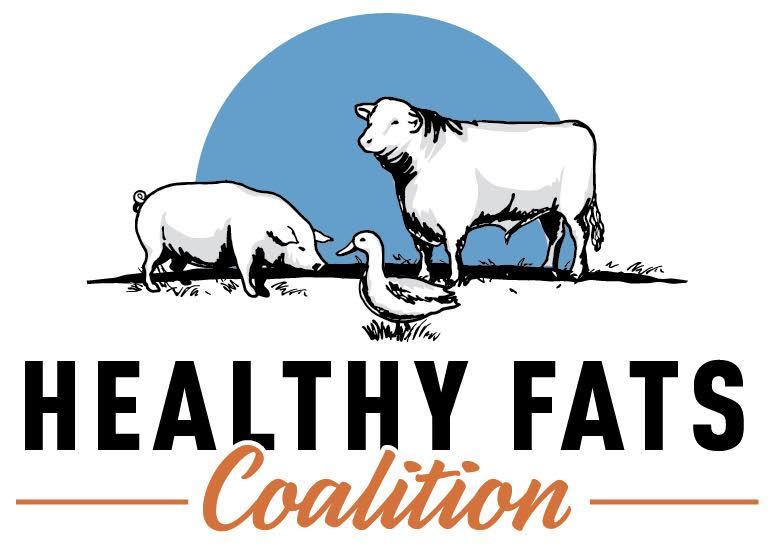Research Studies
Published 12 August 2015
Trans Fats, but Not Saturated Fats, Linked to Greater Risk of Death and Heart Disease
This research shows butter and other saturated fats are not associated with an increased risk of death, heart disease, stroke, or Type 2 diabetes. Eating trans fats, found in certain margarines and related products, are associated with greater risk of death and coronary heart disease.
Published 1 March 2010
Meta-analysis of prospective cohort studies evaluating the association of saturated fat with cardiovascular disease1
A meta-analysis of prospective epidemiologic studies showed that there is no significant evidence for concluding that dietary saturated fat is associated with an increased risk of CHD or CVD. More data are needed to elucidate whether CVD risks are likely to be influenced by the specific nutrients used to replace saturated fat.
Published 12 April 2016
Published 22 May 2003
Published 27 June 2012
Re-evaluation of the traditional diet-heart hypothesis: analysis of recovered data from Minnesota Coronary Experiment (1968-73)
Available evidence from randomized controlled trials shows that replacement of saturated fat in the diet with linoleic acid effectively lowers serum cholesterol but does not support the hypothesis that this translates to a lower risk of death from coronary heart disease or all causes. Findings from the Minnesota Coronary Experiment add to growing evidence that incomplete publication has contributed to overestimation of the benefits of replacing saturated fat with vegetable oils rich in linoleic acid.
A Low-Carbohydrate as Compared with a Low-Fat Diet in Severe Obesity
Severely obese subjects with a high prevalence of diabetes or the metabolic syndrome lost more weight during six months on a carbohydrate-restricted diet than on a calorie- and fat-restricted diet, with a relative improvement in insulin sensitivity and triglyceride levels, even after adjustment for the amount of weight lost. This finding should be interpreted with caution, given the small magnitude of overall and between-group differences in weight loss in these markedly obese subjects and the short duration of the study.
this study revealed that a “low fat” diet showed the greatest drop in energy expenditure and increased insulin resistance – which is a precursor to diabetes – compared with a low carbohydrate and low glycaemic index (GI) diet.
Among overweight and obese young adults compared with pre–weight-loss energy expenditure, isocaloric feeding following 10% to 15% weight loss resulted in decreases in REE and TEE that were greatest with the low-fat diet, intermediate with the low–glycemic index diet, and least with the very low-carbohydrate diet.
Published 6 May 2013
Dietary Fats and Health: Dietary Recommendations in the Context of Scientific Evidence
Although early studies showed that saturated fat diets with very low levels of PUFAs increase serum cholesterol, whereas other studies showed high serum cholesterol increased the risk of coronary artery disease (CAD), the evidence of dietary saturated fats increasing CAD or causing premature death was weak. Over the years, data revealed that dietary saturated fatty acids (SFAs) are not associated with CAD and other adverse health effects or at worst are weakly associated in some analyses when other contributing factors may be overlooked. Several recent analyses indicate that SFAs, particularly in dairy products and coconut oil, can improve health.






